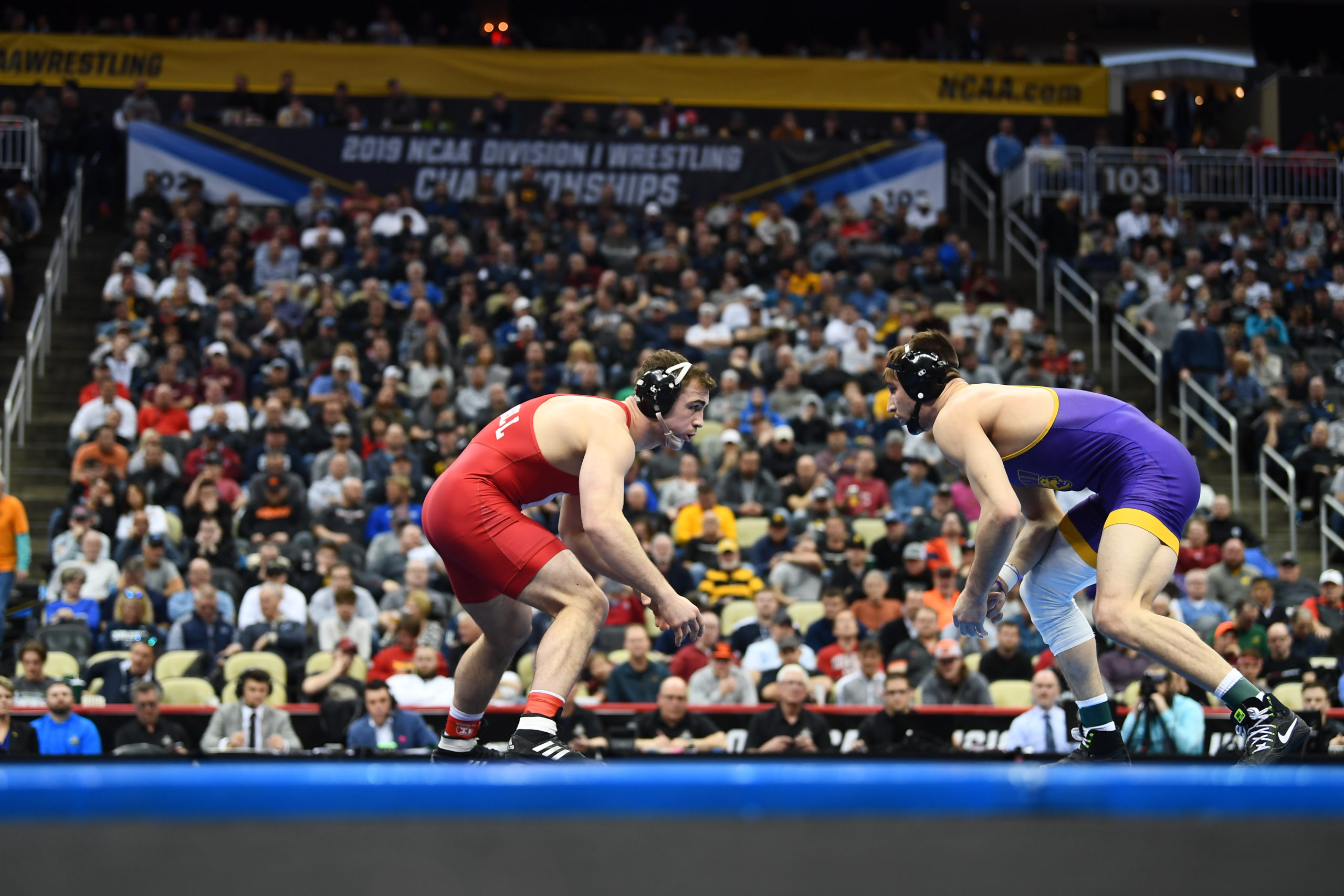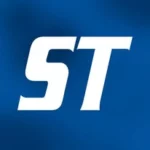
The United States Olympic & Paralympic Committee announced that its College Sports Sustainability Think Tank will focus on sustainability, sport structure and vertical partnerships in working to grow collegiate sports in a way that can develop athletes into future Olympians and Paralympians. Among the suggestions are ways for national governing bodies to partner with NCAA institutions on new events to promote their sports.
The concepts were generated through working groups that were chaired by Greg Byrne, University of Alabama director of athletics, Chris Plonsky, University of Texas chief of staff and executive senior associate athletics director, and Rob Mullens, University of Oregon athletic director. The concepts emphasize partnerships across the collegiate space and Olympic and Paralympic movements.
“We are grateful for the hard work, creativity and dedication of the USOPC College Sports Sustainability Think Tank members during this turbulent time in our history,” said Sarah Hirshland, USOPC chief executive officer and member of the USOPC Think Tank. “We are eager to roll up our sleeves and get to work on transitioning these concepts from ideas into actionable recommendations later this spring.”
Sponsored Content
Over the next several months, the USOPC Think Tank will convene project teams and industry experts to further explore the following areas:
- Sport sustainability. Olympic and Paralympic sports need more flexibility to manage sport-specific expenses and generate revenue in a cost-effective manner. Modifications of current policies may reduce operating costs and open access to new resources, including increased collaboration with youth sport programs and national team partnerships.
- Sport structure. The NCAA legacy of broad-based sport sponsorship at the Division I level should be upheld. Through partnerships with NGBs, the NCAA sport sponsorship umbrella could extend flexible membership requirements, agile season operations and sport-specific rules customization to help Olympic and Paralympic sports.
- Vertical partnerships. Many Olympic and Paralympic sports rights are bundled with football and basketball agreements and there could be great opportunities for the NCAA, schools and NGBs to partner on sport-specific competitions to facilitate new avenues to increase awareness, exposure and commercial opportunities within each sport.
“The ideas we’re exploring certainly push the envelope in thinking, but that’s exactly what’s needed as we face unprecedented times,” said Scott Stricklin, USOPC Think Tank chair and University of Florida athletic director. “Developing these concepts required collaboration across schools, conferences, athletes, coaches, NGBs, the NCAA and the USOPC, which speaks to the deep conviction we share to protect broad-based varsity sports.”












 Copyright © 2025 by Northstar Travel Media LLC. All Rights Reserved. 301 Route 17 N, Suite 1150, Rutherford, NJ 07070 USA | Telephone: (201) 902-2000
Copyright © 2025 by Northstar Travel Media LLC. All Rights Reserved. 301 Route 17 N, Suite 1150, Rutherford, NJ 07070 USA | Telephone: (201) 902-2000